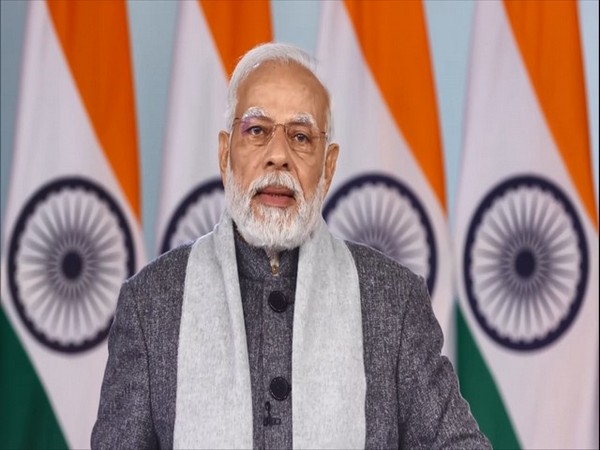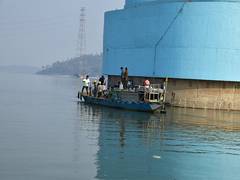“Democracy is in our veins, it is in our culture”, says PM Modi
New Delhi [India], January 29 (ANI): Prime Minister Narendra Modi on Sunday said that democracy is in the veins of the countrymen and mentioned about the recently released book India: The Mother of Democracy.

Union Education and Skill Development Minister Dharmendra Pradhan on November 24, 2022 released the book titled ‘India: The Mother of Democracy’ prepared and published by the Indian Council of Historical Research (ICHR).
The book is an attempt to showcase the democratic ethos ingrained in India since the dawn of civilisation. Addressing the 97th edition of the Mann Ki Baat programme, PM Modi termed the book “very interesting” and said that it comprises a number of excellent essays.
“A very interesting subject has been discussed in this book which I received a few weeks ago. The name of this book is India: The Mother of Democracy and it has many excellent essays. India is the largest democracy in the world and we Indians are also proud of the fact that our country is also the Mother of Democracy,” PM Modi said.
The Prime Minister had received the book on December 23, 2022.
“Democracy is in our veins, it is in our culture. It has been an integral part of our work for centuries. By nature, we are a Democratic Society. Dr Ambedkar had compared the Buddhist monks union to the Indian Parliament. He described it as an institution where there were many rules for Motions, Resolutions, Quorum, Voting and counting of votes,” he said adding that Babasaheb believed that Lord Buddha must have got inspiration from the political systems of that time.
Later in his address, PM Modi talked about Utirmerur, a famous village of Tamil Nadu and said how the book explains the correct way to hold Gram Sabha.
“There is a small but famous village in Tamil Nadu – Utirmerur. Here an inscription of 1100-1200 years ago surprises the whole world. This rock-edict is like a mini-constitution. It has been explained in detail how the Gram Sabha should be conducted and what the procedure for selection of its members shall be,” he said.
He also said that the Anubhav Mandapam of Lord Basaveshwara of the 12th century shows how free debate and discussion were encouraged during that period.
“The republican traditions of the Kakatiya dynasty kings of Warangal were also very famous. The Bhakti movement furthered the culture of democracy in western India. An article has also been included in the book on the democratic spirit of the Sikh Panth which throws light on the decisions taken by the consensus of Guru Nanak Dev Ji,” the Prime Minister said.
PM Modi continued that the book has a good amount of information on the community-driven and consensus-driven decision-making – in Oraon and Munda tribes of central India.
“After reading this book, you will feel how the spirit of democracy has been flowing in every part of the country for centuries. As the Mother of Democracy, we should constantly think deeply about this topic, discuss it and also inform the world. This will further strengthen the spirit of democracy in the country,” he asserted.
Notably, in 1947, when India achieved independence, a commitment was made to providing a democratic model of governance to its citizens.
The country’s Constitution, which was implemented on January 26, 1950, laid the foundation for a democratic republic. India’s commitment to upholding the democratic principles enshrined in the country’s Constitution sets it apart from its South Asian neighbours.
It is believed that India, is thriving due to its deeply ingrained democratic underpinnings, which provide the drive and direction to take the right calls under all circumstances.






